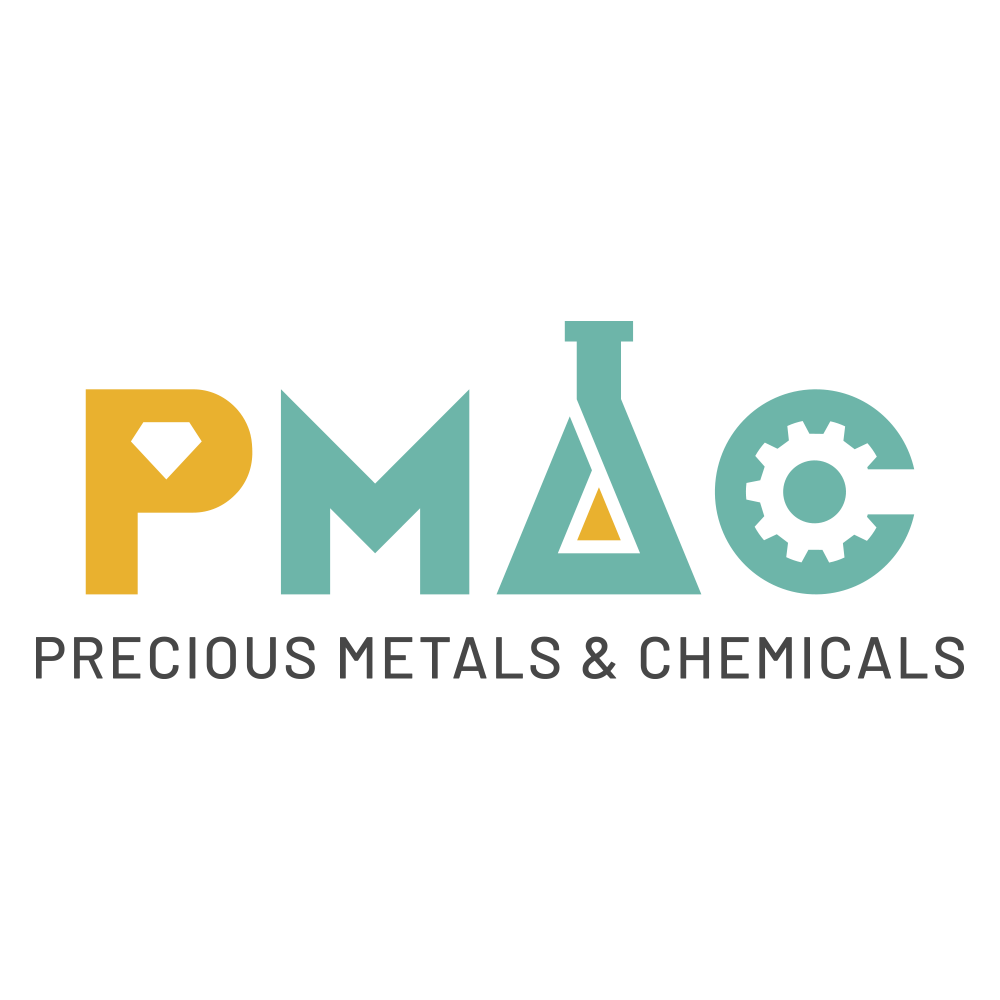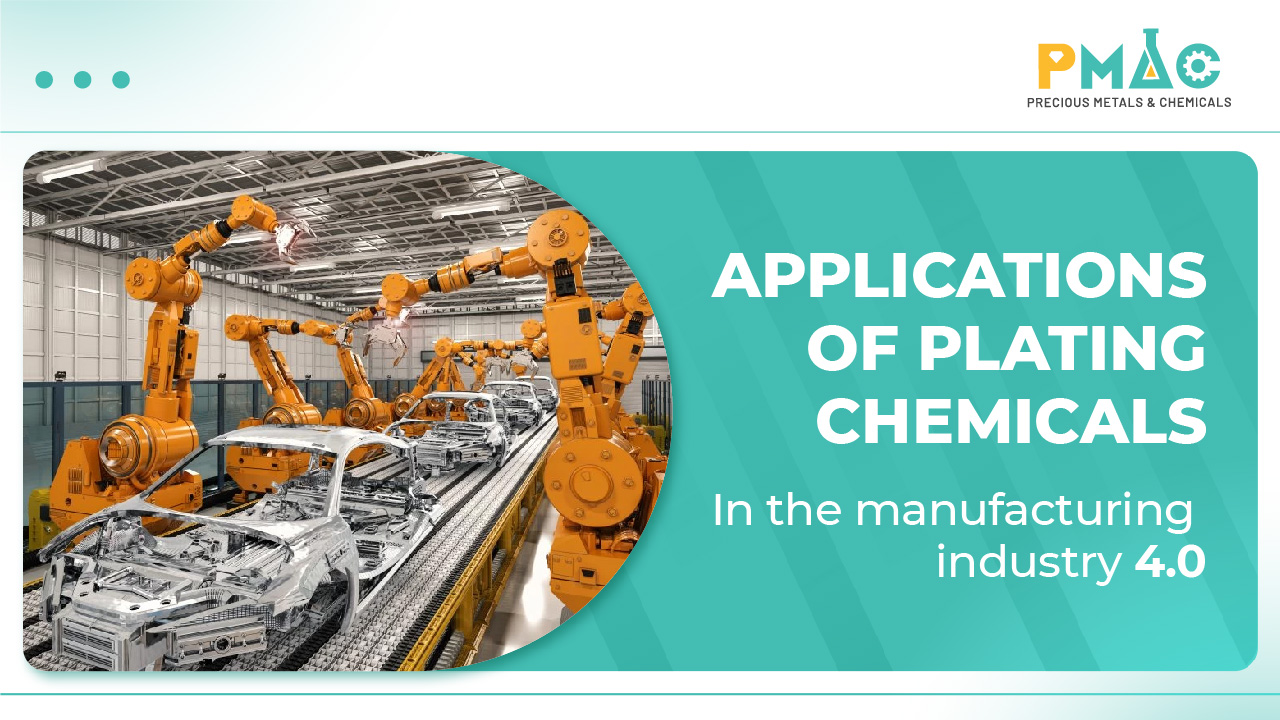In the era of Industry 4.0, plating chemicals are no longer merely surface protectants but crucial elements that enhance product performance, quality, and aesthetics. Advanced plating technologies enable wide applications across key industries such as electronics, mechanical engineering, jewelry, automotive and aerospace, and energy storage. Plating solutions are optimized for automated production lines and robotic systems while adhering to international environmental standards.
I. What is Electroplating?
Electroplating is the process of depositing a thin layer of metal onto the surface of another material using direct current through an electrochemical reaction. The primary purposes are to enhance durability, improve corrosion resistance, increase electrical conductivity, and elevate the aesthetic appearance of the product.
Today, electroplating technology is widely applied in electronics, mechanical engineering, jewelry, automotive, aerospace, and many other industrial sectors. It plays a crucial role in smart manufacturing systems in the Industry 4.0 era.
II. Common Types of Electroplating
1. Gold Plating
This is a high-end type of electroplating commonly used in the jewelry industry, electronic device manufacturing, and high-tech applications. The gold plating not only enhances aesthetics with a luxurious, shiny appearance but also provides excellent oxidation resistance and superior electrical conductivity. Gold electroplating is typically applied to electronic components, printed circuit board (PCB) connectors, as well as high-end watches and jewelry products.
2. Silver Plating
Similar to gold, silver is a precious metal widely used in electroplating due to its excellent electrical and thermal conductivity. Silver plating improves the performance of electronic components, batteries, and medical devices. Additionally, silver coatings are applied to enhance reflectivity in mirrors and optical devices.
3. Rhodium Plating
Rhodium plating is considered the highest standard in modern electroplating technology. With just a few micrometers of coating, the surface achieves a mirror-like white shine, high hardness, exceptional tarnish resistance, and excellent corrosion protection. Rhodium is commonly used in high-end jewelry, watches, and fashion accessories to protect surfaces and maintain long-lasting brilliance. The rhodium layer provides a perfectly smooth finish, resists oxidation, and is hypoallergenic, making it ideal for products in direct contact with the skin.
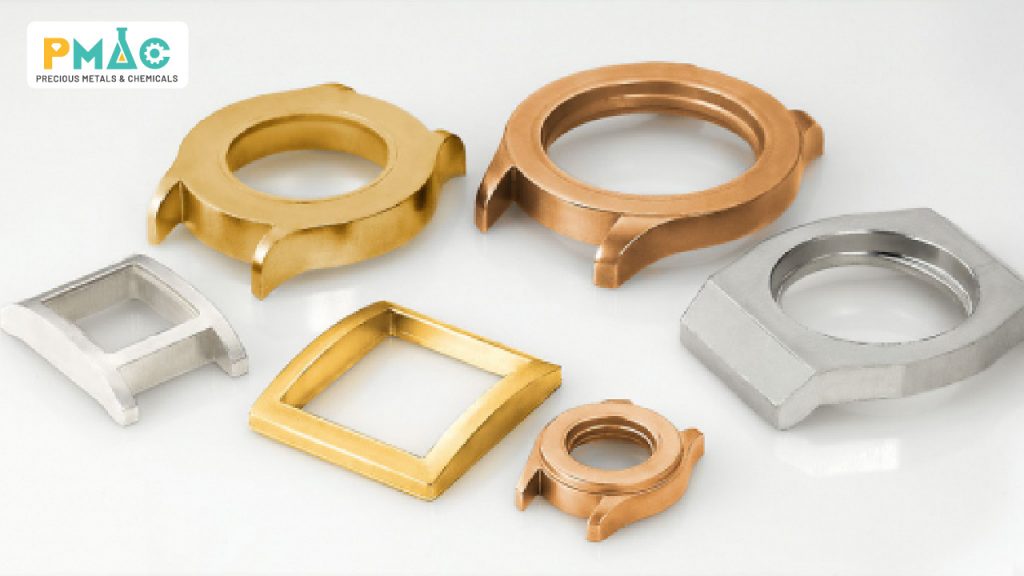
Figure 1: Common types of electroplating
4. Platinum Plating
Platinum coatings offer outstanding mechanical strength, corrosion resistance, and chemical stability. Platinum electroplating is used in high-end jewelry, electronic components, catalytic converters, and industrial equipment. Its naturally white color combined with oxidation resistance provides both aesthetic appeal and long-term operational reliability.
5. Chrome Plating
Chrome plating is renowned for its scratch resistance and wear durability. It creates a hard, shiny surface with high longevity, often used for automotive parts, mechanical equipment, and furniture. Chrome plating also enhances heat resistance, making it suitable for high-temperature applications.
6. Nickel Plating
Nickel plating is a popular choice to improve corrosion resistance and material durability. It is widely applied in household appliances, automotive accessories, mechanical components, and jewelry. Nickel plating produces a glossy, robust surface, especially suitable for harsh environments.
III. Applications of Electroplating Chemicals in Industry 4.0 Manufacturing
When all production processes are moving towards automation, high precision, and sustainability, electroplating chemicals play an indispensable role. They not only enhance durability, corrosion resistance, electrical conductivity, and surface aesthetics but also are optimized to be compatible with robotic systems, automated production lines, and international environmental standards. Below are five key industrial sectors where electroplating chemicals are applied in modern manufacturing:
1. Electronics and Semiconductor Industry
Electroplating chemicals are used to create stable conductive layers and oxidation-resistant surfaces on components such as chips, printed circuit boards (PCBs), connectors, and sensors. Gold, silver, and rhodium plating solutions enhance signal transmission, reduce contact resistance, and ensure long-term performance for high-power electronic devices and microchips.
Notably, cyanide-free plating systems and microelectronic plating are emerging trends in the next-generation semiconductor industry.
2. Mechanical Engineering Industry
In mechanical applications, electroplating chemicals provide protective coatings against wear, corrosion, and enhance surface hardness of machine parts. Nickel, chromium, or nickel-alloy plating is commonly used to extend service life and reduce friction during operation.
With advanced plating technology, mechanical components can achieve extremely tight tolerances, meeting the precision requirements of robotics, molds, and high-precision industrial equipment.
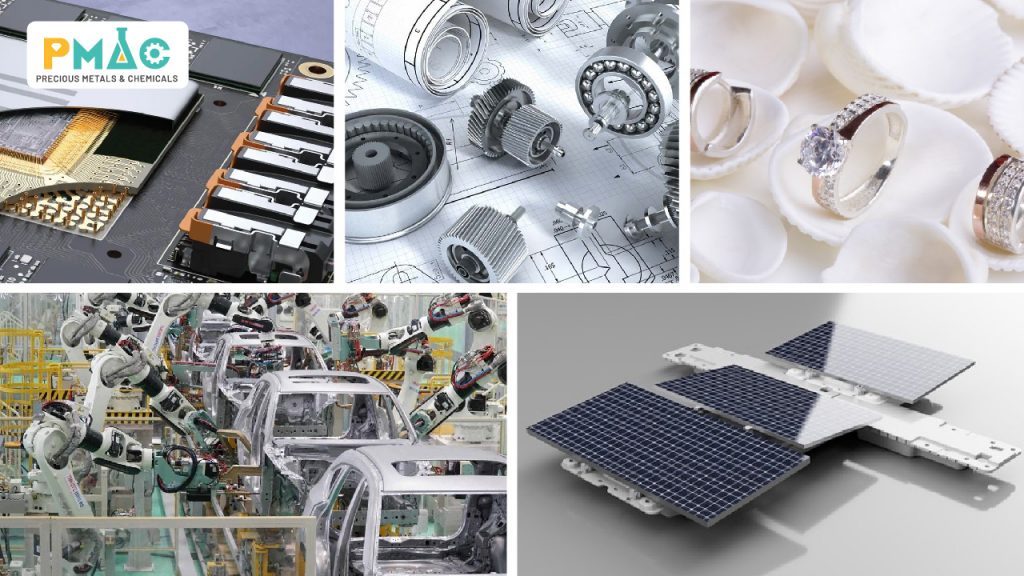
Figure 2: Applications of plating chemicals in industry
3. Jewelry and Precious Metal Industry
Electroplating chemicals are not only aesthetic but also a technical benchmark that determines product value. Gold, silver, rhodium, or platinum plating improves shine, tarnish resistance, and surface durability.
Specifically, white rhodium plating such as RHODUNA®-Alloy 1 Rhodium-Ruthenium Electrolyte or premium black rhodium solutions like RHODUNA®-Alloy Black 1 and RHODUNA® 471 Black Rhodium Electrolyte are prominent trends in 2025, enabling brands to produce personalized, internationally-standard luxury products.
4. Automotive and Aerospace Industry
Electroplating chemicals are used to enhance heat resistance, corrosion protection, and electrical conductivity for engine parts, sensor systems, transmission components, and structural elements.
Chromium, nickel, or specialized alloy coatings increase mechanical strength while reducing weight and friction, making them optimal for aerospace technology and next-generation electric vehicles.
5. Artificial Energy and Battery Manufacturing
In the energy sector, particularly lithium-ion batteries, fuel cells, and artificial energy storage systems, electroplating chemicals are applied to enhance electrical conductivity, reduce energy loss, and stabilize electrochemical reactions.
Pure silver, gold, or nickel plating improves conductivity and corrosion resistance in electrolytic environments, extending the lifespan of batteries and energy storage devices.
This application sector holds high potential and is receiving significant investment from leading technology corporations in the sustainable clean energy production trend.
IV. Trusted Electroplating Chemical Suppliers in Vietnam
PMAC Joint Stock Company is a specialized enterprise in the field of precious metals and electroplating chemicals in Vietnam. Established by a team with over 20 years of industry experience, PMAC has firmly established itself as a leading distributor in Vietnam, Laos, and Cambodia.
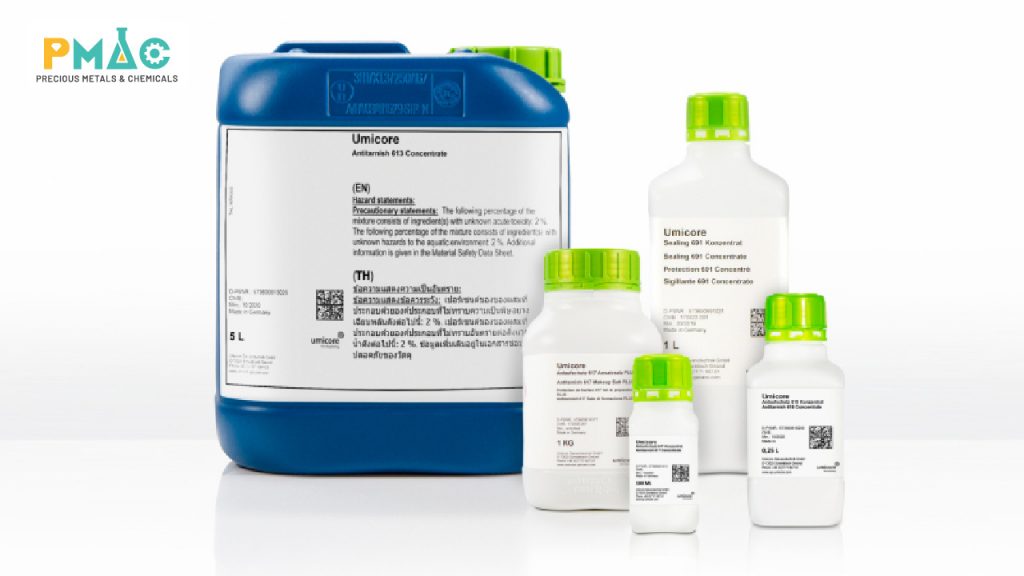
Figure 3: Plating chemicals of Umicore
Why choose PMAC for your electroplating chemical needs:
– PMAC is the official distributor of Umicore, a global leader in precious metal electroplating chemicals.
– All products are imported as complete units with full CO/CQ certificates and technical documentation.
– A professional technical team is ready to advise, set up, and optimize electroplating processes for clients in jewelry, electronics, mechanical engineering, and many other industries.
– Comprehensive after-sales support: technical troubleshooting, process improvement, and end-to-end solutions from chemicals, equipment, to post-plating treatment.
Conclusion
Modern electroplating chemicals have become an indispensable part of the Industry 4.0 production chain, enhancing product quality, durability, and aesthetics while meeting stringent technical and environmental requirements. Choosing a reputable supplier, such as PMAC Joint Stock Company – the official representative of Umicore in Vietnam, ensures optimal efficiency, from high-quality chemicals and professional technical solutions to comprehensive support throughout the electroplating process. Investing in next-generation electroplating technology and chemicals is the key for businesses to create products that meet international standards, offering long-lasting quality and prestige in the era of modern manufacturing.
Learn more:
https://pmac.asia/en/what-makes-rhodium-palladium-and-iridium-more-precious-than-gold/
https://pmac.asia/en/precious-metals-in-advanced-plating/
https://pmac.asia/en/umicore-the-worlds-leading-brand-in-gold-electroplating-chemicals/
